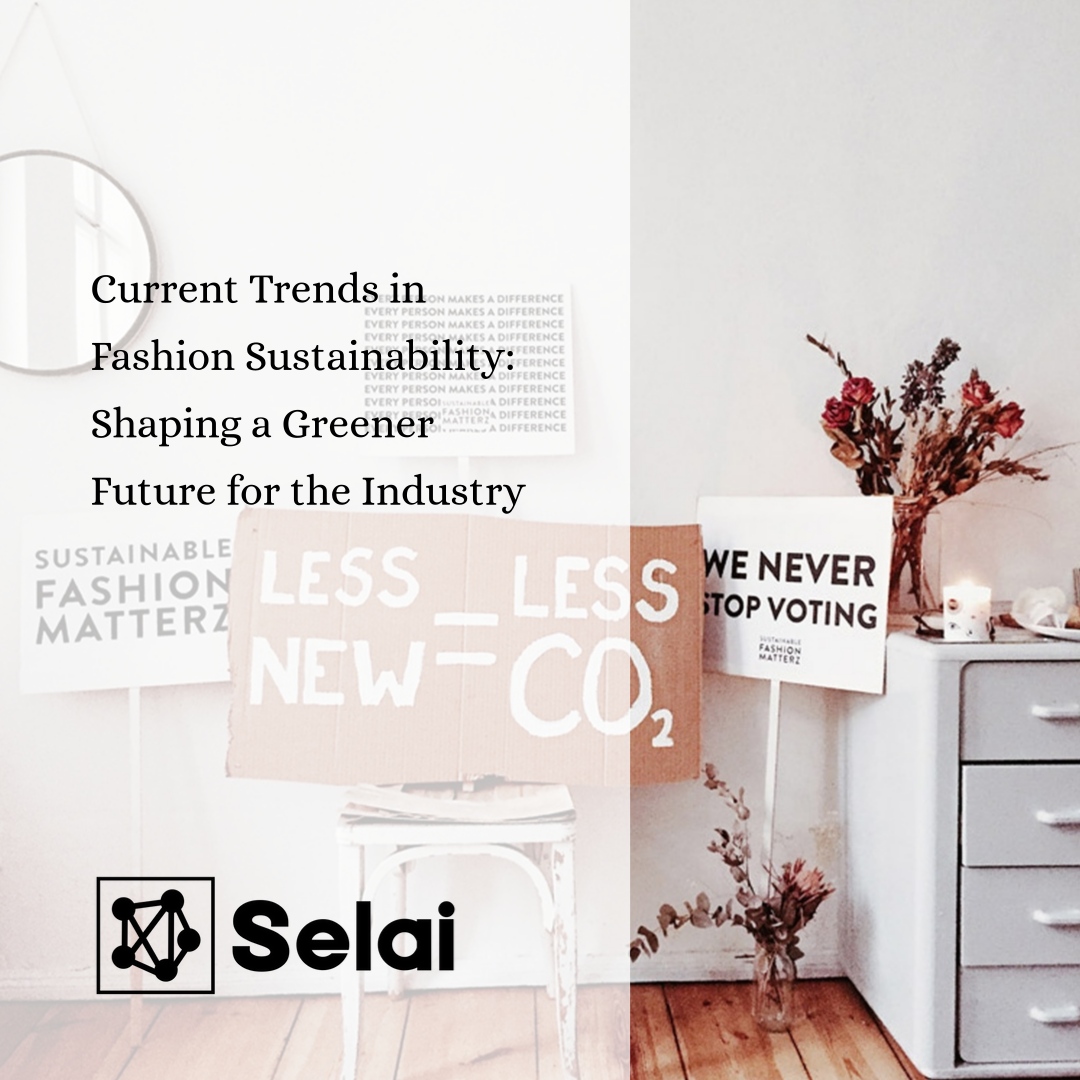
The fashion industry has long been associated with glamour, innovation, and self-expression. However, in recent years, a growing awareness of its environmental and ethical impacts has prompted a significant shift towards sustainability. As consumers become more conscious of their choices, the fashion landscape is undergoing a transformation where eco-consciousness and social responsibility are becoming key drivers. Here are some of the current trends in fashion sustainability that are shaping a greener future for the industry.
Circular Fashion Economy:
The concept of a circular economy is gaining traction within the fashion industry. Instead of following the traditional linear model of production (make, use, dispose), fashion brands are adopting circular strategies that focus on extending the lifespan of products. This includes practices such as upcycling, repairing, and recycling garments. Brands are encouraging customers to return old items for repair, refurbishment, or recycling, thereby reducing the amount of clothing ending up in landfills.
Sustainable Materials:
One of the most impactful ways that fashion is becoming more sustainable is through the use of eco-friendly materials. Innovations in textiles are allowing designers to create clothing from organic cotton, hemp, bamboo, and other natural fibers. Additionally, there’s a growing interest in lab-grown materials such as lab-created leather and synthetic fabrics made from renewable resources. These alternatives have a lower environmental footprint compared to traditional materials like polyester.
Slow Fashion Movement:
The “fast fashion” model, characterized by rapid production and consumption of clothing, has come under scrutiny for its environmental toll. In response, the slow fashion movement is gaining momentum. This trend emphasizes quality over quantity, encouraging consumers to invest in timeless, durable pieces that transcend seasonal trends. Slow fashion promotes mindful consumption and a deeper appreciation for the craftsmanship behind each garment.
Digital Fashion:
Advancements in technology have led to the rise of digital fashion, which offers a sustainable alternative to traditional manufacturing processes. Digital fashion involves creating virtual garments that can be worn on social media platforms or in virtual reality settings. This reduces the need for physical production and excess inventory. Digital fashion also opens up new avenues for self-expression and creativity without the environmental impact of physical clothing production.
Ethical Supply Chain:
Fashion brands are increasingly recognizing the importance of ethical and transparent supply chains. Consumers are demanding more information about where their clothes are made and who is making them. Brands that prioritize fair labor practices, safe working conditions, and environmentally responsible production processes are gaining favor among consumers who want to align their purchases with their values.
Rental and Resale Platforms:
Renting and reselling clothing have gained popularity as sustainable alternatives to traditional shopping. Rental platforms allow customers to enjoy new outfits for special occasions without the commitment of ownership. Resale platforms enable individuals to buy and sell second-hand clothing, extending the lifespan of garments and reducing the demand for new production.
Mindful Consumerism:
Perhaps the most powerful trend in fashion sustainability is the shift towards mindful consumerism. As information about the fashion industry’s impact becomes more accessible, consumers are reevaluating their shopping habits. More people are opting for quality over quantity, investing in versatile pieces, and supporting brands that align with their values. This shift is encouraging the industry to prioritize durability, versatility, and timeless design.
In conclusion, the fashion industry is undergoing a profound transformation towards greater sustainability. From circular economy models to ethical supply chains and innovative materials, these trends reflect a growing awareness of the environmental and social impacts of fashion. As consumers continue to prioritize sustainability in their choices, fashion brands are challenged to adapt, innovate, and lead the way towards a greener and more responsible future.
